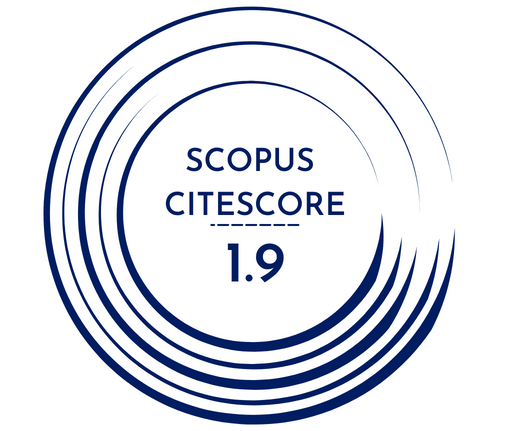Background: Autism Spectrum Disorder (ASD) is a neurodevelopmental condition that severely impairs
children’s health. Current data suggest that behavioral therapies are successful. Risperidone has been
approved by the US Food and Drug Administration (FDA) to moderate impulsive behavior in people with
ASD. This study aimed to evaluate the efficacy and safety of risperidone in children and adolescents
with ASD.
Methods: This study involved searching electronic databases for relevant articles, screening them
based on inclusion and exclusion criteria, and performing a combined data analysis of the selected
articles using Review Manager software.
Results: This meta-analysis comprised 7 articles. The pooled analysis indicated that: (1) Risperidone
intervention decreased scores on the Aberrant Behavior Checklist (ABC) scale in children and
adolescents with ASD, as well as reduced scores related to stereotypy, social withdrawal, hyperactivity,
inappropriate speech, and irritability on the ABC scale; (2) The use of risperidone raised the risk
of weight gain, tremors, upper respiratory tract infection, and increased appetite. Other adverse
responses, however, did not differ significantly from the placebo group.
Conclusion: Risperidone demonstrated effectiveness and safety in managing behavioral issues and
decreased ABC scores in children and adolescents with ASD. However, further research is needed, and
the associated risks still need to be considered.
Cite this article as: Yang F, Kang L, Zou C. Efficacy and safety of risperidone interventions in children and adolescents with autism spectrum disorder. Psychiatry Clin Psychopharmacol. Published online April 28, 2025. doi: 10.5152/pcp.2025.24944.

.jpg)

.png)